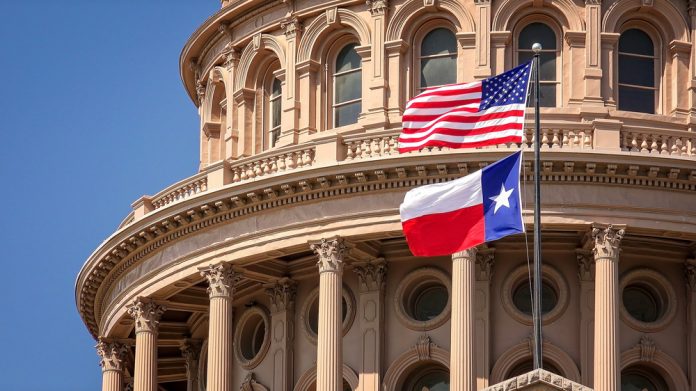The Texas Blockchain Council (TBC) has initiated legal proceedings against the US Department of Energy‘s Energy Information Administration (EIA) regarding Bitcoin mining.
Alongside one of its members, Riot Platforms, the state-level crypto and blockchain industry representation body has challenged ‘an alleged unprecedented and illegal data collection demand’ against Bitcoin miners.
This relates to an EIA survey requiring Bitcoin miners to provide information such as machine specifications, locations of mining operations and contractual information relating to commercial energy partners.
The TBC has accused the EIA of ‘governmental overreach and politically motivated administrative actions’ in service of a strategy by President Joe Biden and US Senator Elizabeth Warren targeting the digital asset industry.
Lee Bratcher, President of the TBC, said: “The EIA’s actions represent an alarming precedent of government intrusion into private industry operations without just cause or proper process.
“It’s evident that this survey is not about grid stability, as bitcoin miners are the most flexible load on any grid, but is a targeted political effort led by figures like Elizabeth Warren.”
The TBC is also challenging an apparent term of the EIA survey which states the federal government department ‘intends to publish this sensitive information’.
“The White House suggests that the information gathered will be abused to further target the industry,” the TBC’s statement continued.
The organisation intends to challenge the grounds for the EIA survey whilst asserting that the agency ‘failed to allow for the required notice and comment period’.
It is hard to deny that the Democratic Party government has taken a more confrontational approach to cryptocurrencies than other national administrations.
Senator Warren, the senior Senator for Massachusetts and Vice-Chair of the Senate Democratic Caucus, has criticised alleged use of Bitcoin’s decentralised nature to avoid sanctions.
This is not to say that the government is entirely opposed to digital assets, as the Biden administration does appear to be receptive to launching a CBDC, or digital dollar.
On the other hand, as it would be issued by the Federal Reserve it would be far from the decentralised digital asset many cryptocurrency stakeholders envision as ideal, and former President – and 2024 election hopeful – Donald Trump has come out staunchly against the plans.
A final factor to consider, however, is the energy consumption Bitcoin mining operations produce, which in an era of public and political concern around global warming could be a motivating factor behind the EIA’s recent survey.























